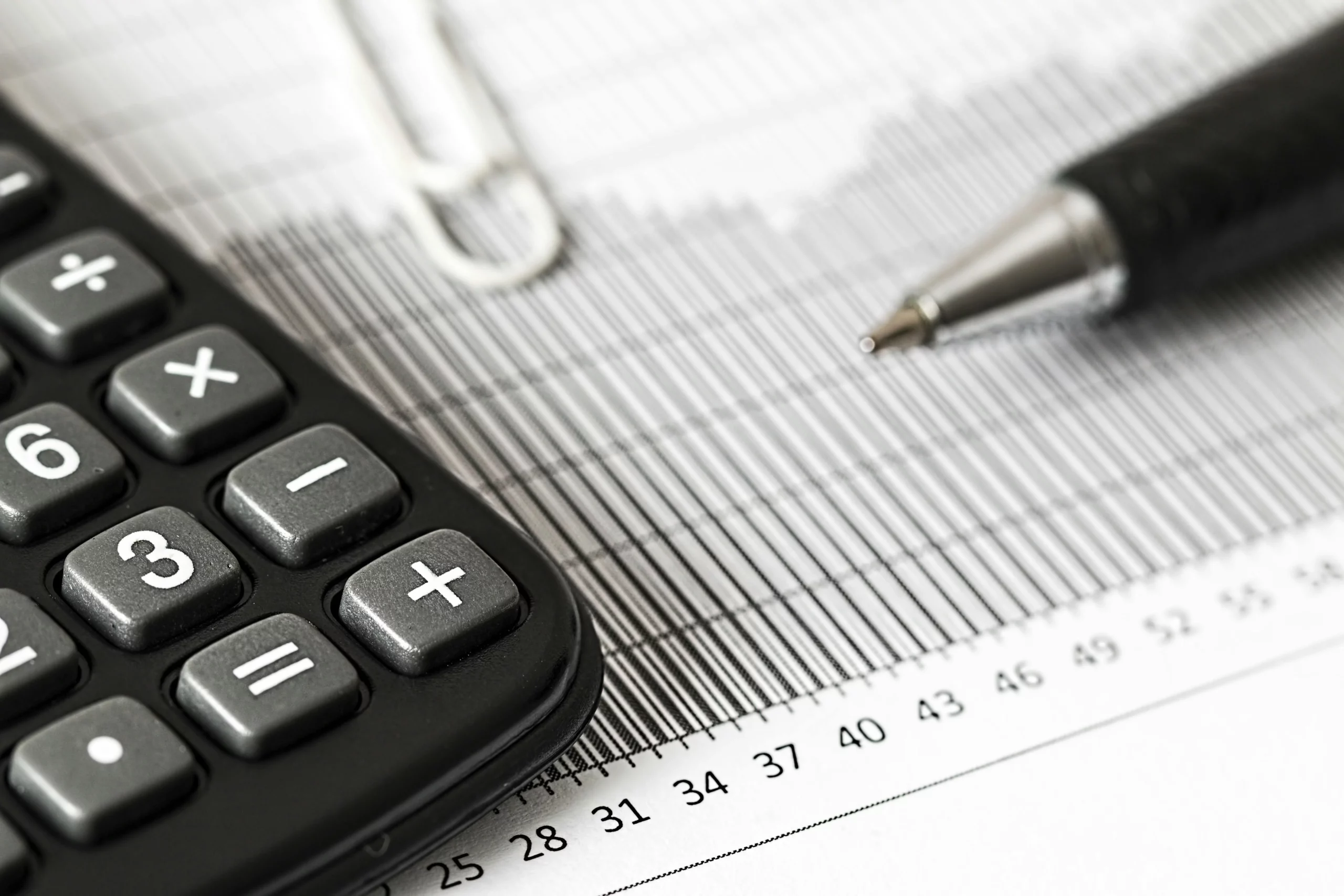A paralegal is a legal professional who works alongside lawyers and provides support in various legal matters. They can perform a variety of tasks, including legal research, drafting legal documents, organizing case files, and assisting with client communication.
Hiring a paralegal can help to improve the quality of legal services while also reducing costs and increasing efficiency. Take a look at our interview questions blog to ensure you have hired a smart candidate for your law organization.
General Roles and Responsibilities for a Paralegal
The general roles and responsibilities of a paralegal can vary depending on the type of law firm or legal department they work for, but here are some common duties:
- Conduct legal research: Paralegals must research case law, statutes, and regulations to assist lawyers in analyzing legal issues and developing legal strategies.
- Draft legal documents: Paralegals may draft legal documents such as pleadings, motions, briefs, contracts, and agreements. They must ensure that all documents are accurate, complete, and comply with applicable laws and regulations.
- Interview clients and witnesses: Paralegals may be responsible for interviewing clients and witnesses to gather information relevant to a case.
- Assist with trial preparation: Paralegals may assist with preparing trial notebooks, exhibits, and other materials for use in court.
- Manage case files: As professionals working in the commercial setting, they must organize and maintain case files, including all relevant documents, pleadings, correspondence, and other materials.
- Communicate with clients: As persons of the law, they must communicate with clients on behalf of the attorney, providing updates on the status of the case and answering any questions they may have.
- Schedule appointments and court dates: Paralegals are responsible for scheduling appointments with clients and court dates, and ensuring that all parties are notified of the scheduled dates.
Skills and Responsibilities a Paralegal should have:
Skills and responsibilities refer to a combination of legal knowledge, organizational abilities, and communication skills. Take a look at a few here:
- Legal knowledge: A paralegal must have a solid understanding of legal terminology, concepts, and procedures. They should also have a working knowledge of legal research techniques and be familiar with relevant laws and regulations.
- Organizational skills: Paralegals must be able to manage multiple projects and deadlines, maintain accurate records, and prioritize tasks effectively. They should also be able to work efficiently under pressure.
- Communication skills: Paralegals must be able to communicate clearly and effectively with clients, colleagues, and other stakeholders. They should be able to draft clear and concise legal documents, such as contracts and pleadings, and be able to communicate complex legal concepts in a way that is easy for non-legal professionals to understand.
- Attention to detail: Law professionals must have strong attention to detail and be able to identify errors or inconsistencies in legal documents and records.
- Research skills: As people of law, they must be able to conduct thorough legal research using various resources, such as legal databases, books, and online sources.
- Technology skills: Paralegals should have experience working with legal software and tools, such as case management software, billing software, and document management systems.
Paralegal Operational and Situational Questions
Asking operational and situational questions to a paralegal can help you understand their level of experience, skills, and knowledge. Take a look at them:
- What do you like most about your job?
- Why you chose this field of law for specialization?
- How your education and training will help you in this role?
- How have you managed your constant education requirements?
- How familiar are you with paralegal software? Name the software that you use.
- What type of legal documents have you drafted?
- What issues or language do you look for in standard legal documents?
- Tell me about a time when you analyzed huge volumes of data to prepare a report.
- Tell me about a difficult legal decision you ever made. Why did you take that decision?
- When you report to multiple attorneys, how do you prioritize your work?
Paralegal Role-specific Questions
These questions are designed to assess the candidate’s knowledge and experience in the legal field and their ability to perform the tasks required for the role.
- What types of legal documents have you prepared in the past?
- Can you explain your experience with legal research and writing?
- How do you ensure that all deadlines are met when working on multiple projects simultaneously?
- Have you ever assisted with a trial or deposition? If so, can you describe your role in the process?
- How do you keep up to date with changes in the law and legal procedures?
- Can you describe your experience working with clients and communicating with them about legal matters?
- Have you ever worked with electronic discovery software? If so, which ones?
Paralegal Behavioral Questions
These questions focus on how the candidate has handled specific situations in the past and how they would approach certain scenarios in the future. Some examples of paralegal behavioral questions include:
- Can you describe a time when you had to prioritize competing tasks and how you managed to meet all deadlines?
- Have you ever had to work with a difficult client or coworker? How did you handle the situation?
- Can you describe a time when you identified an error in a legal document or process and how you addressed it?
- How do you manage stress and maintain focus when working on complex legal projects?
- Can you provide an example of a time when you had to use your problem-solving skills to resolve a legal issue?
- Can you describe a time when you had to work with a team to achieve a common goal in a legal setting?
- How do you handle confidential information and ensure client privacy is protected?
- Can you provide an example of a time when you went above and beyond your duties as a paralegal to support your team or client?
Conclusion
Paralegals play a crucial role in supporting lawyers and providing legal services to clients. Their responsibilities can vary depending on the type of law firm or legal department they work for, but their skills and knowledge are essential to the success of any legal case. Asking the right questions during the interview process is important to ensure you hire a candidate who has the necessary skills, experience, and ability to handle the demands of the role.
By using a combination of operational, role-specific, and behavioral questions, you can assess a candidate’s legal knowledge, organizational abilities, communication skills, and problem-solving abilities, and make an informed decision about the best candidate for your organization.



